Hundreds of attendees at the Harvard College graduation ceremony staged a walkout in protest against the disqualification of 13 students who had been involved in an earlier encampment.
This group was said to be involved in activities deemed inappropriate by the university, leading to their exclusion from the graduation ceremony.
Protests Resume at UCLA
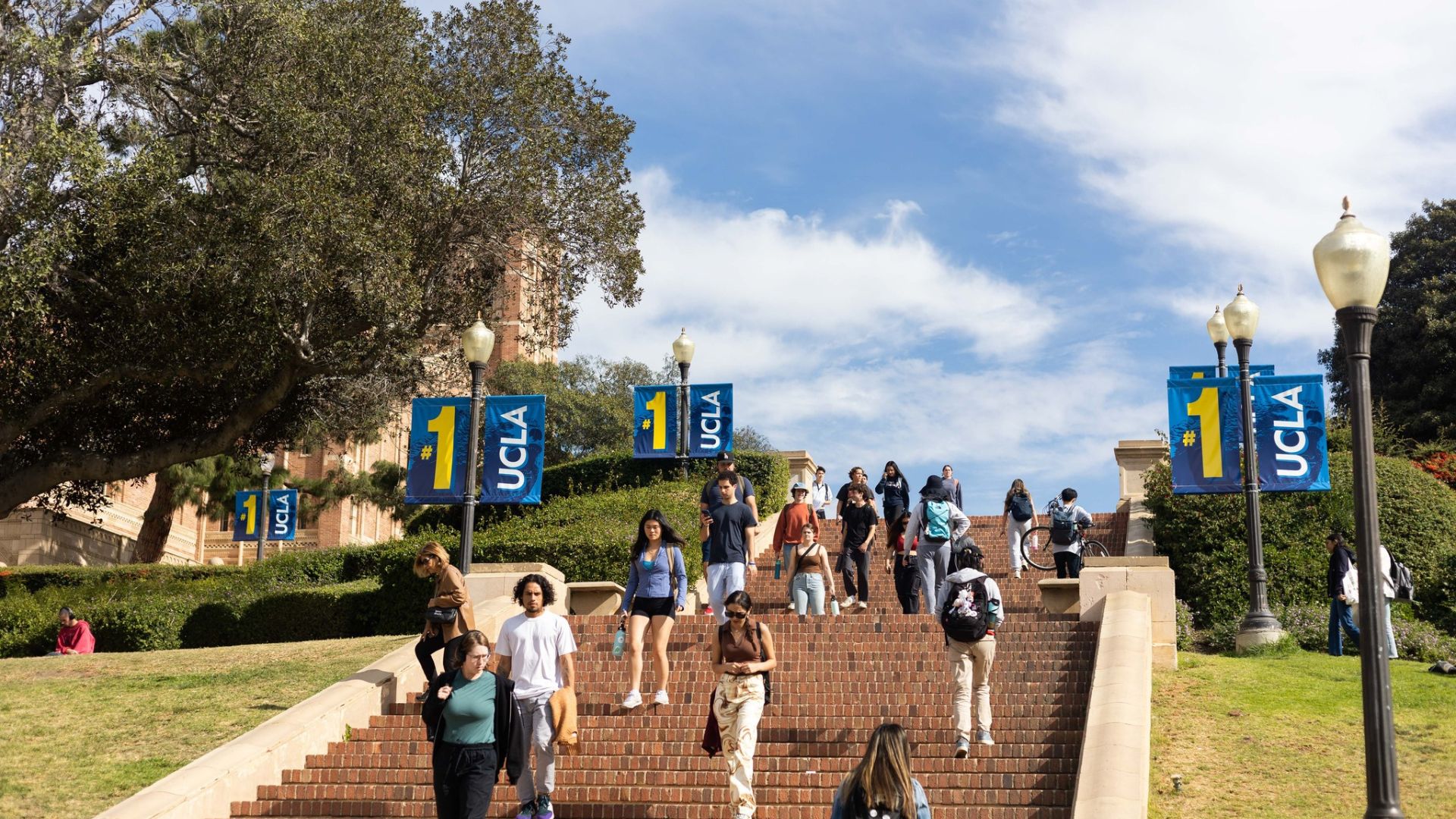
On the same day, administrators and police at UCLA dealt with the resurgence of protestors at the center of their campus.
This parallel event illustrated a day marked by student activism at major universities, reflecting broader unrest within the academic community.
Harvard’s Governing Board Rejects Faculty Vote
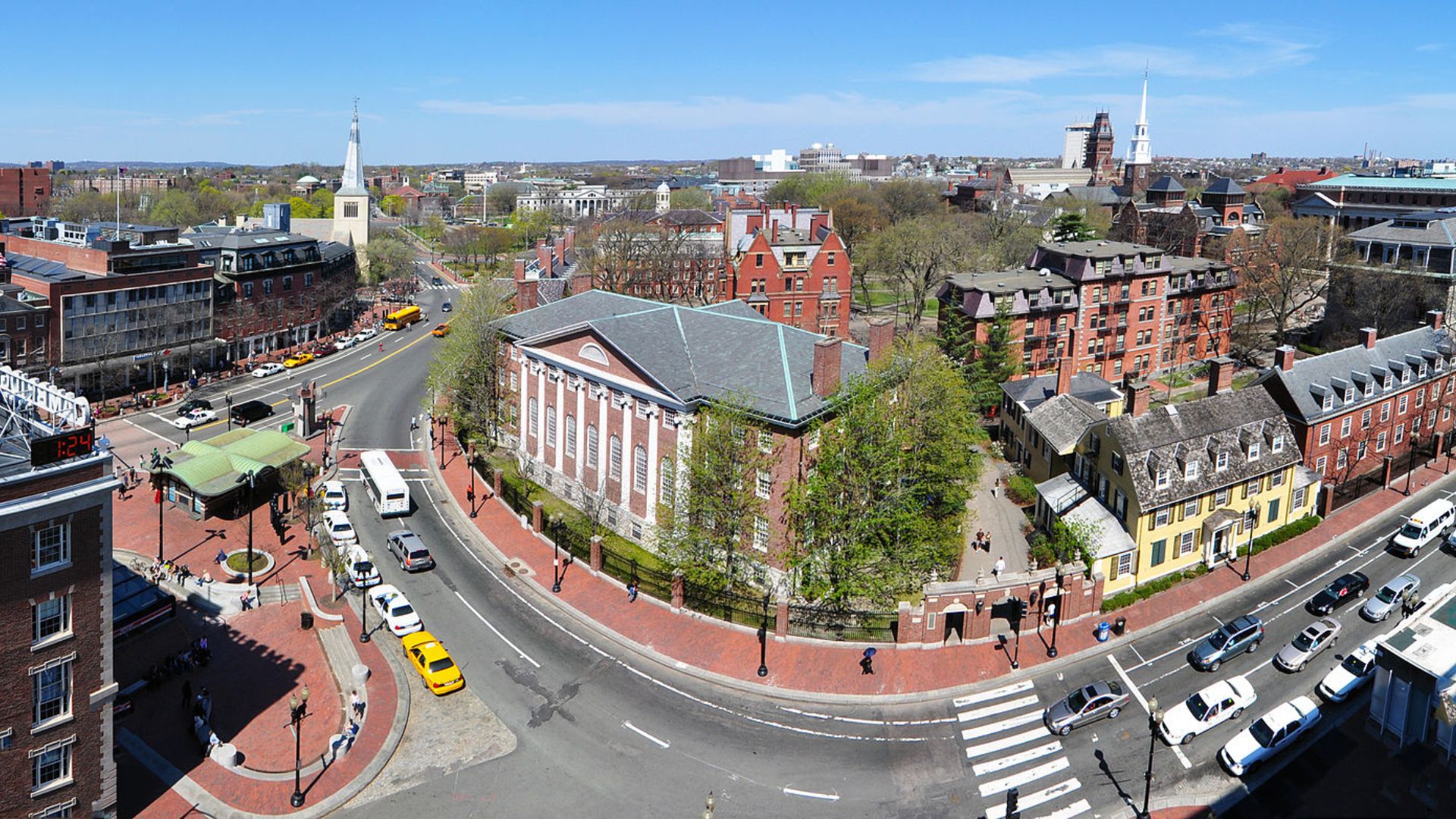
Harvard’s governing authority overruled a decision made by faculty members who had initially voted to allow the 13 students to participate in the commencement ceremonies.
This decision by the board intensified the atmosphere at the graduation, prompting the walkout.
Chants and Protests During Harvard Commencement
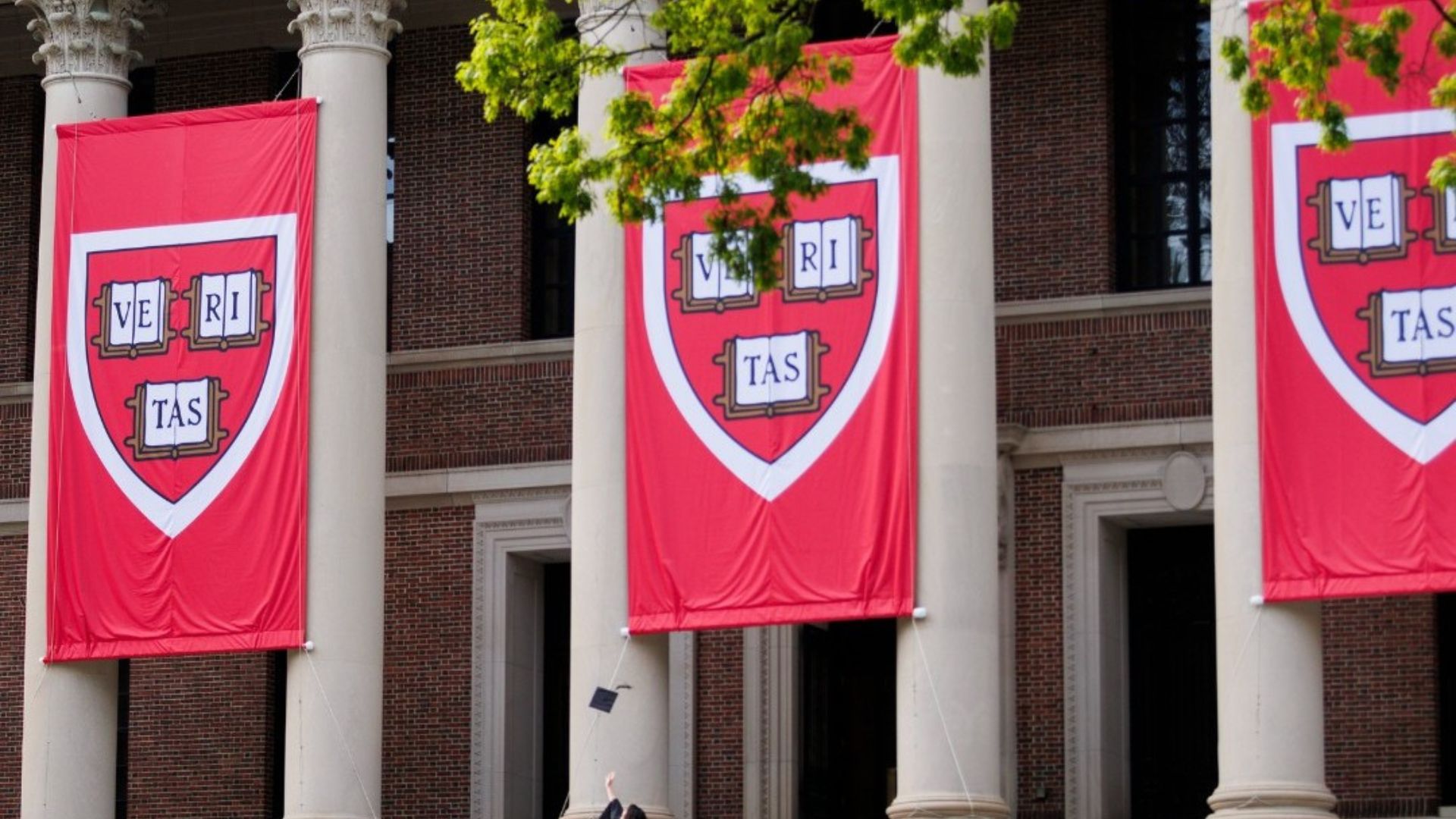
During the Harvard College commencement ceremony, a walkout occurred just before 11 a.m. on Thursday.
Participants in the walkout were heard chanting “Let them walk” among other slogans, during an approximately 10-minute demonstration, which was documented in videos from the event.
Harvard Interim President Comments on Protest
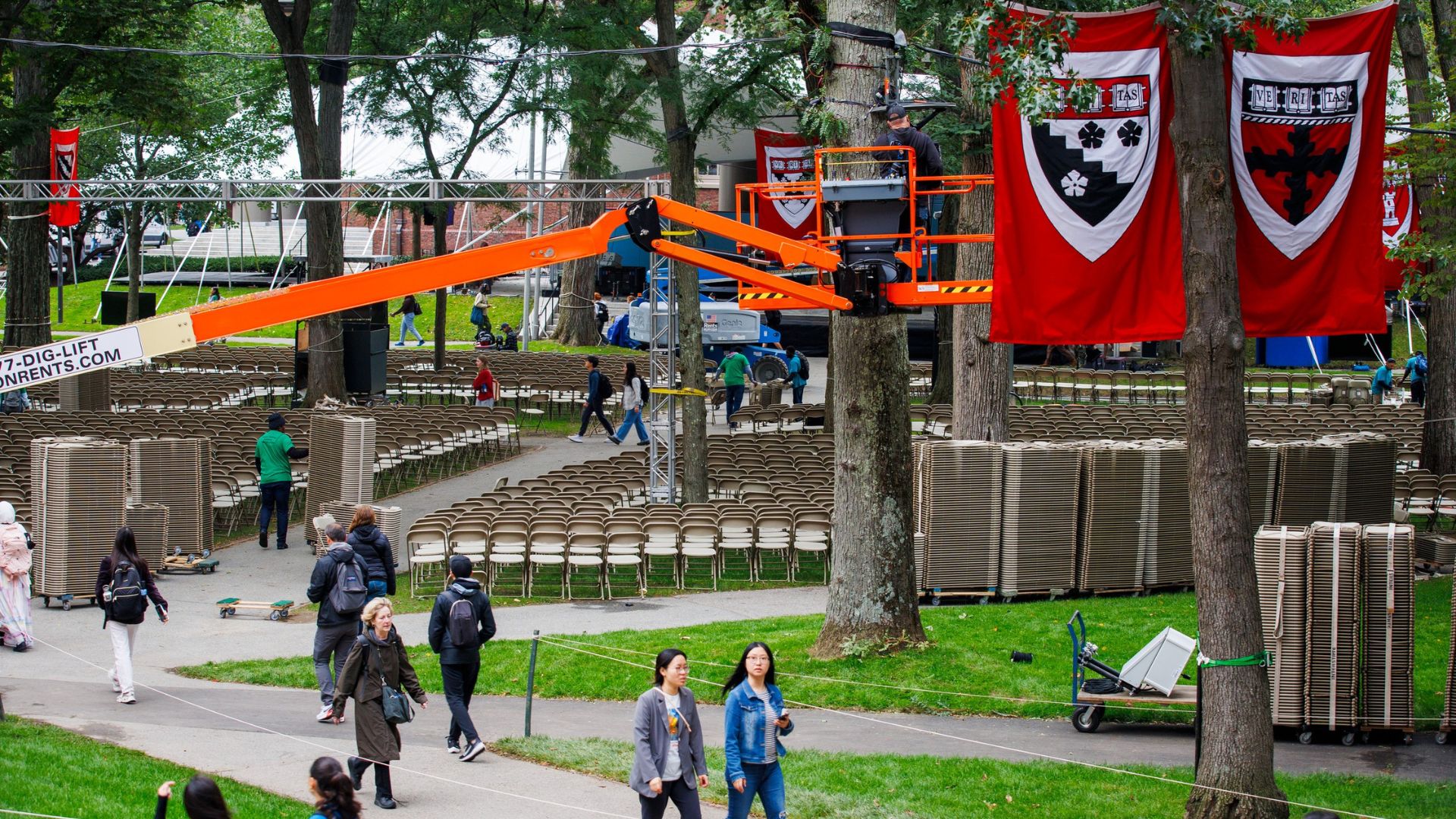
Interim President Alan M. Garber addressed the situation during his speech at the commencement.
He said, “As our ceremony proceeds, some among us may choose to take the liberty of expressing themselves to draw attention to events unfolding in the wider world,” acknowledging the right of the students to protest, according to Harvard Public Affairs and Communications.
Moment of Silence at Harvard
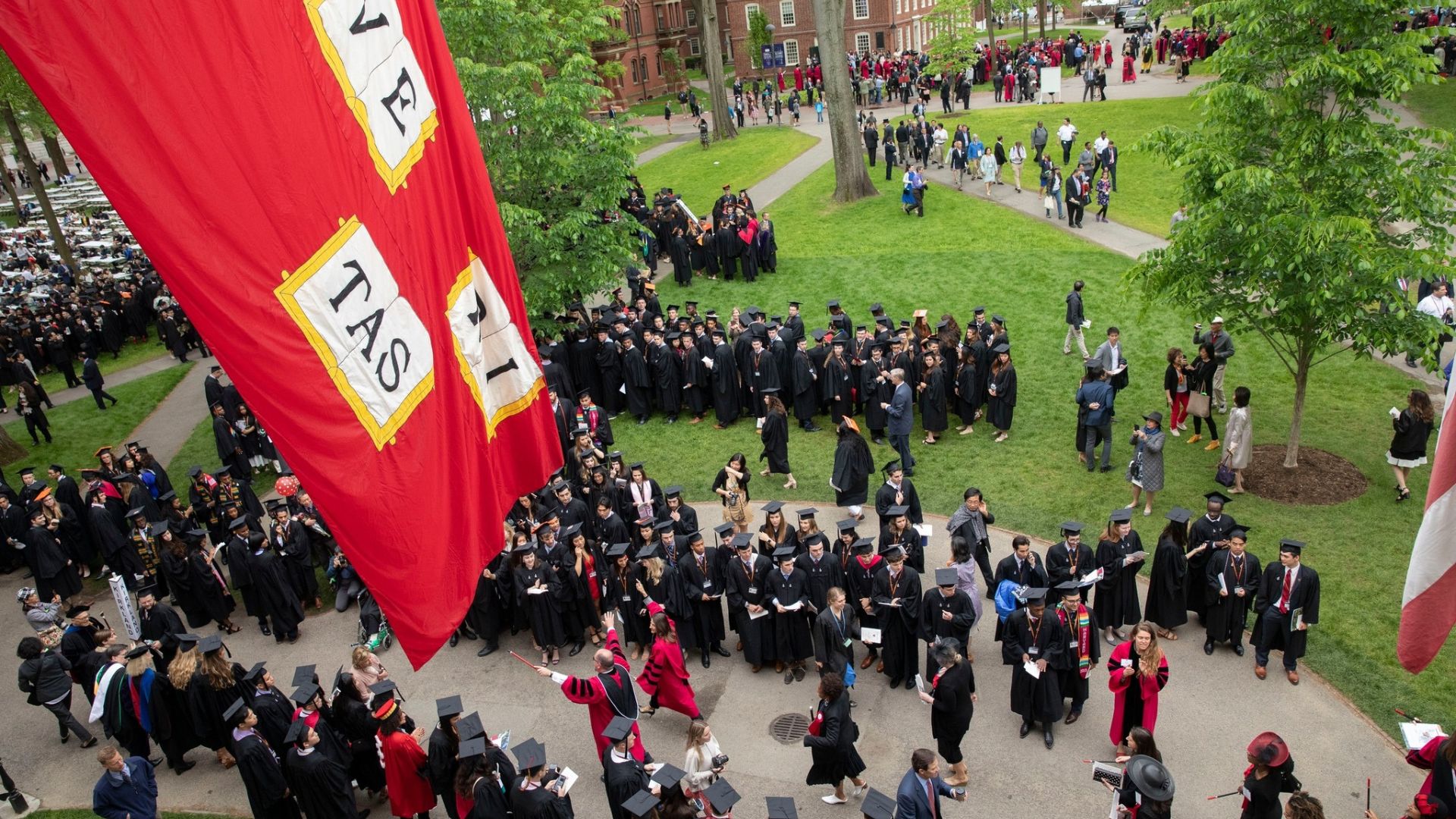
In the midst of the commencement, Garber called for a moment of silence, offering “sympathy and empathy” towards those affected by the broader issues reflected in the protest.
This moment signaled a somber recognition of the underlying tensions.
Misunderstandings and Expectations Among Harvard Protestors
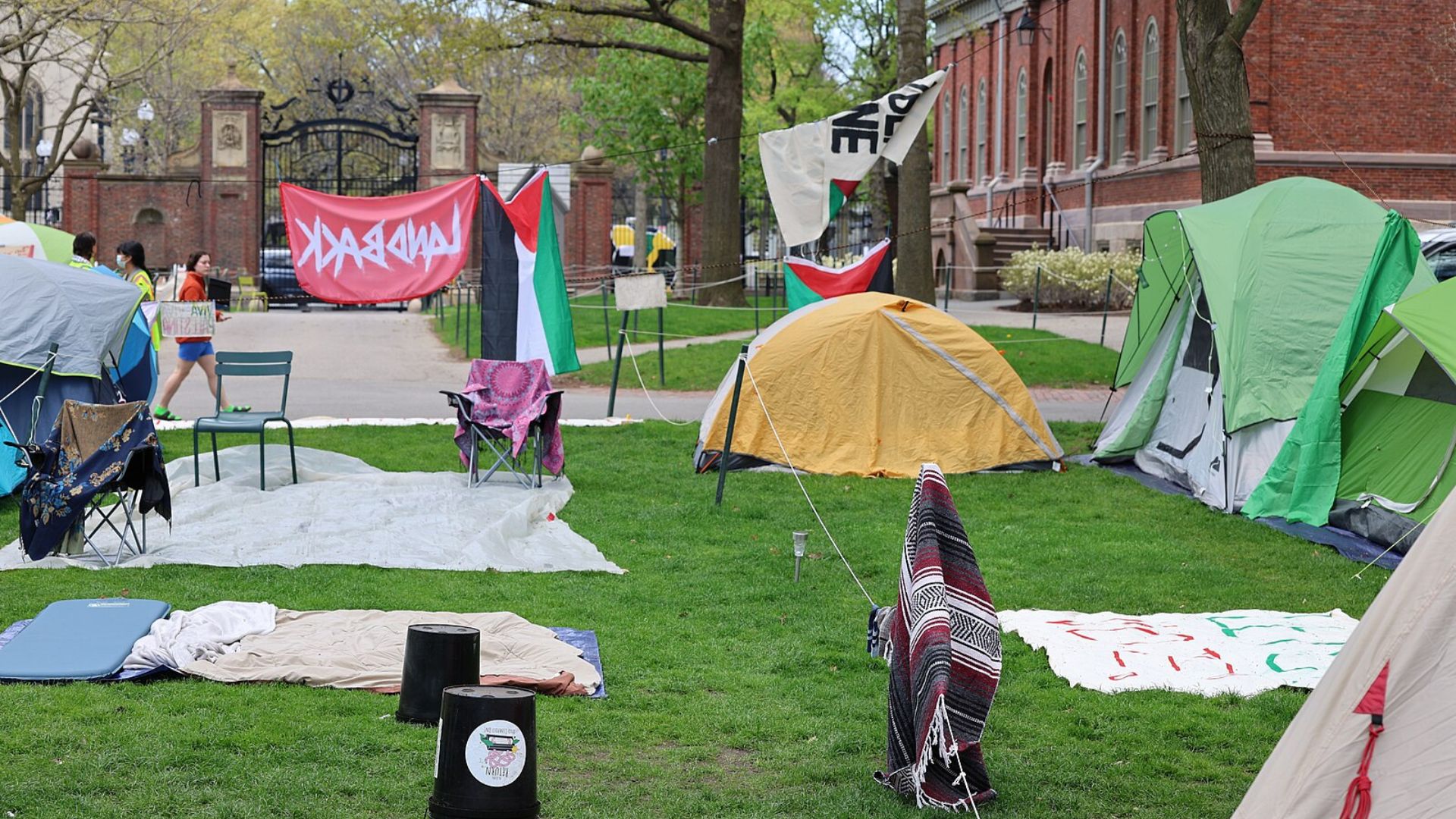
Protestors expressed disappointment, believing that an agreement would have allowed them to graduate.
This misunderstanding added to the sense of injustice felt by those who participated in the walkout.
Scale of the Harvard Walkout
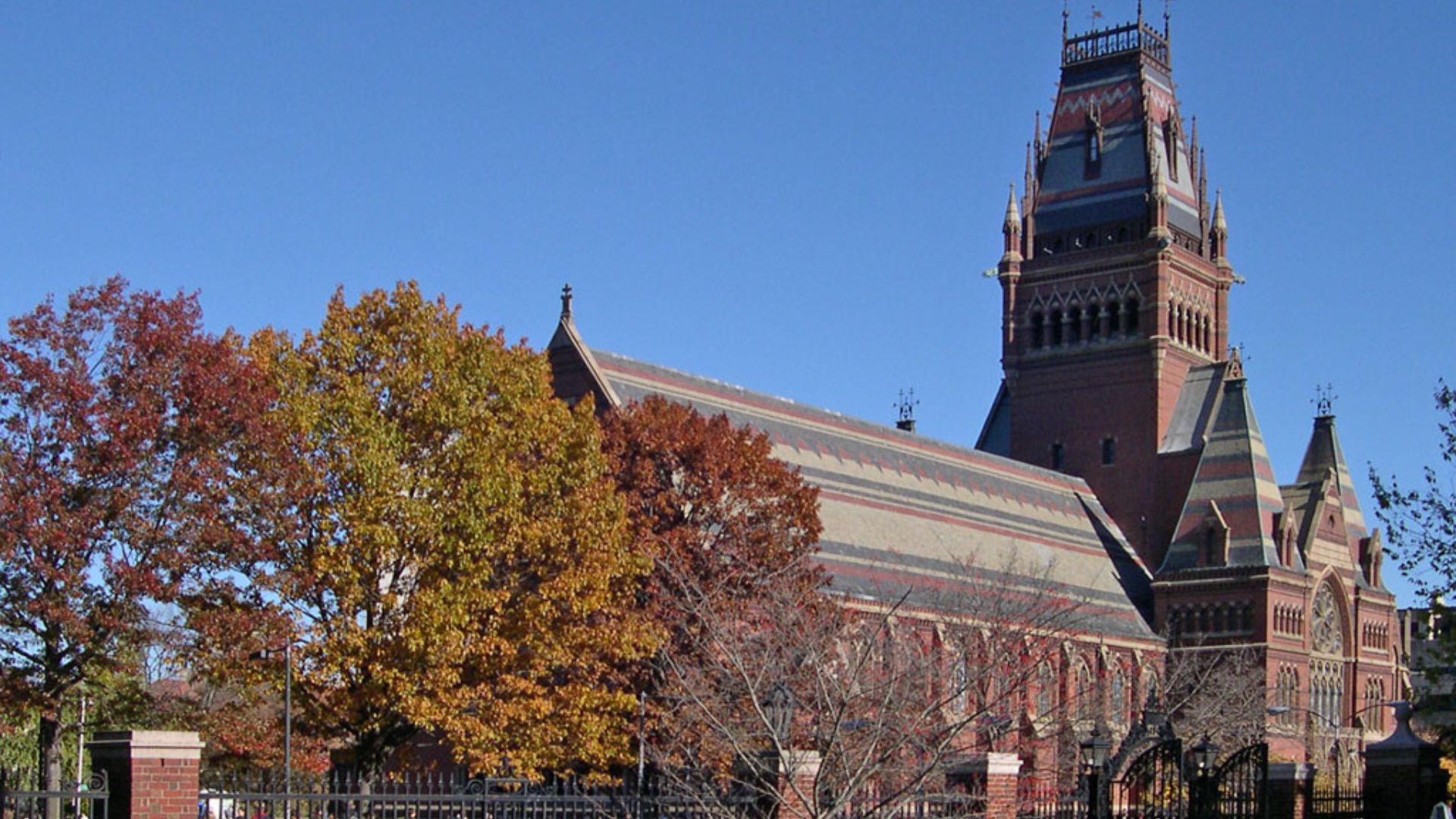
A spokesperson from Harvard later stated that “several hundred” individuals took part in the commencement walkout.
This demonstrates the significant support for the students who were disqualified from graduating.
Personal Impact of the Disqualification
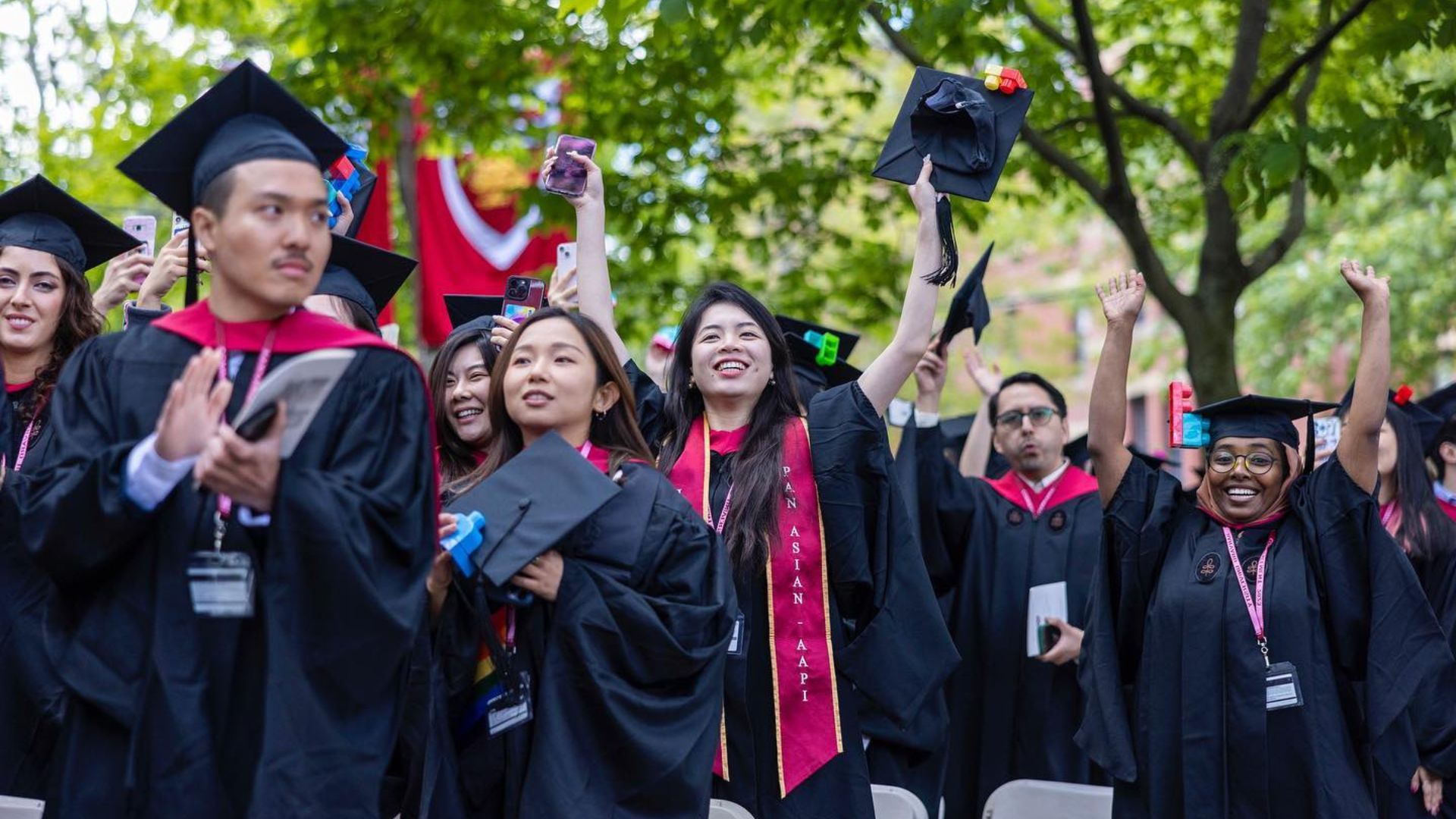
“The inability to graduate is consequential for students and their families,” Harvard stated, acknowledging the serious implications of their decision not to allow certain students to graduate.
This situation overshadowed what is traditionally a celebratory occasion for many.
Commencement Speaker Addresses Graduates
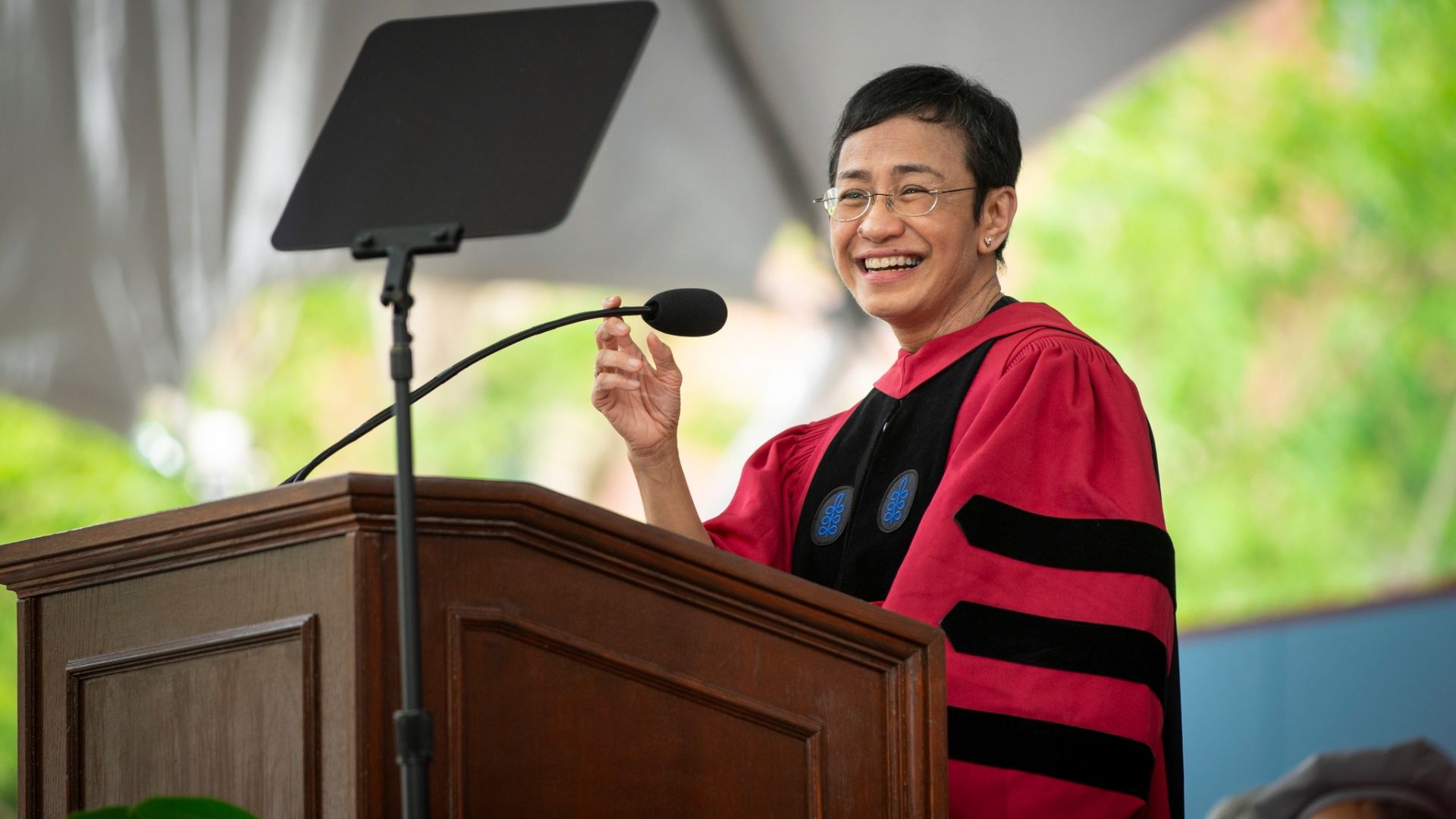
During the ceremony, commencement speaker Maria Ressa spoke to the graduates about the importance of being tested and fighting for what they believe in.
She emphasized that such challenges define one’s character.
Blocked Student Speaks Out

Asmer Asrar Safi, one of the students blocked from graduating, commented on the situation.
He said, “While we will not be returning to this school, we hope that our friends carry the liberatory legacy of the encampment alive, and strive even harder for divestment,” indicating a resolution to continue their advocacy despite the setback.
Reflections on University Responses to Protests
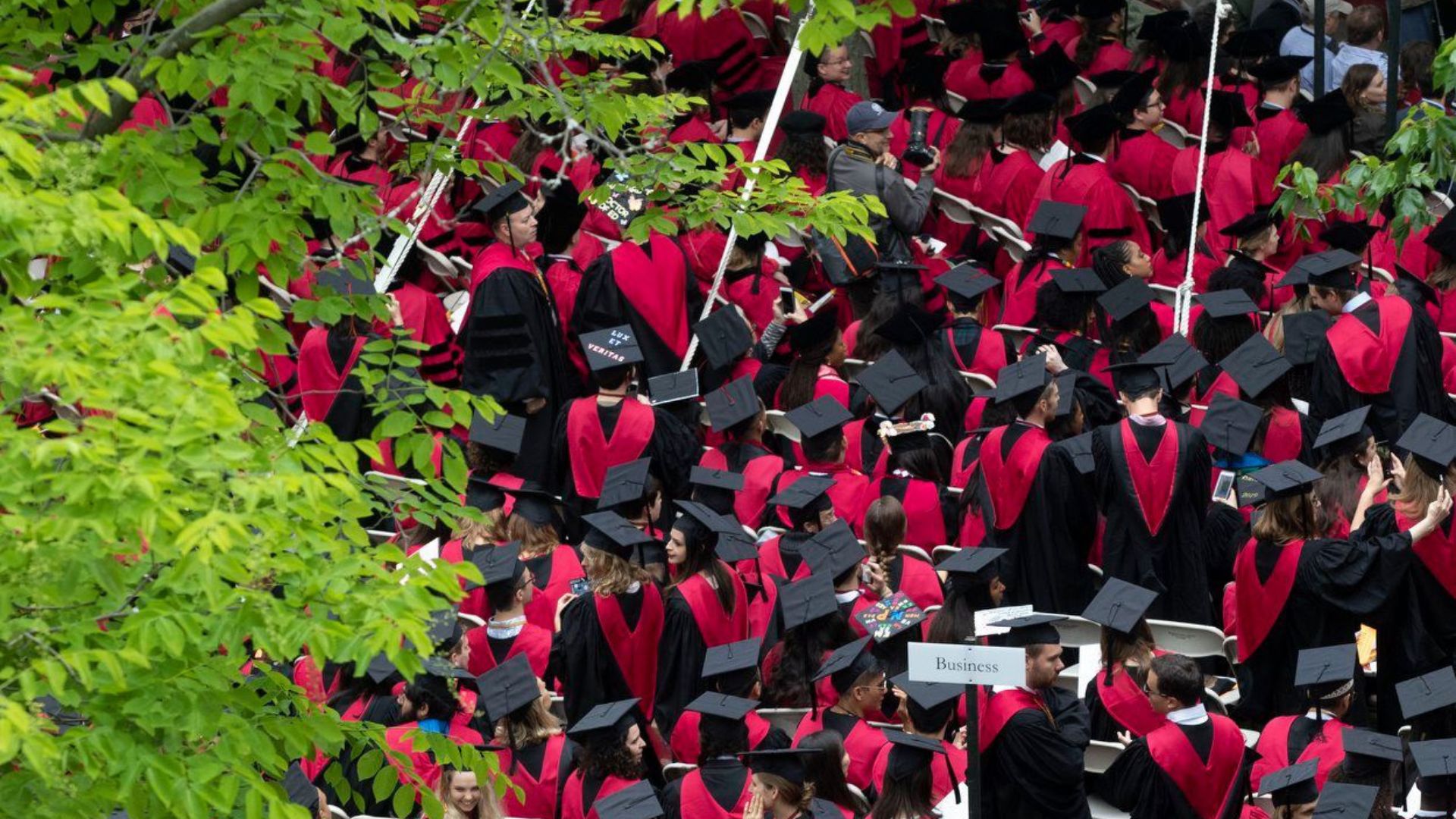
The incidents at Harvard and UCLA mirrored a broader discussion about how universities handle protests and address student grievances.
This was also a topic of discussion among university leaders at other institutions during a hearing with the House Committee on Education and the Workforce, focusing on negotiation over force in managing demonstrations.
